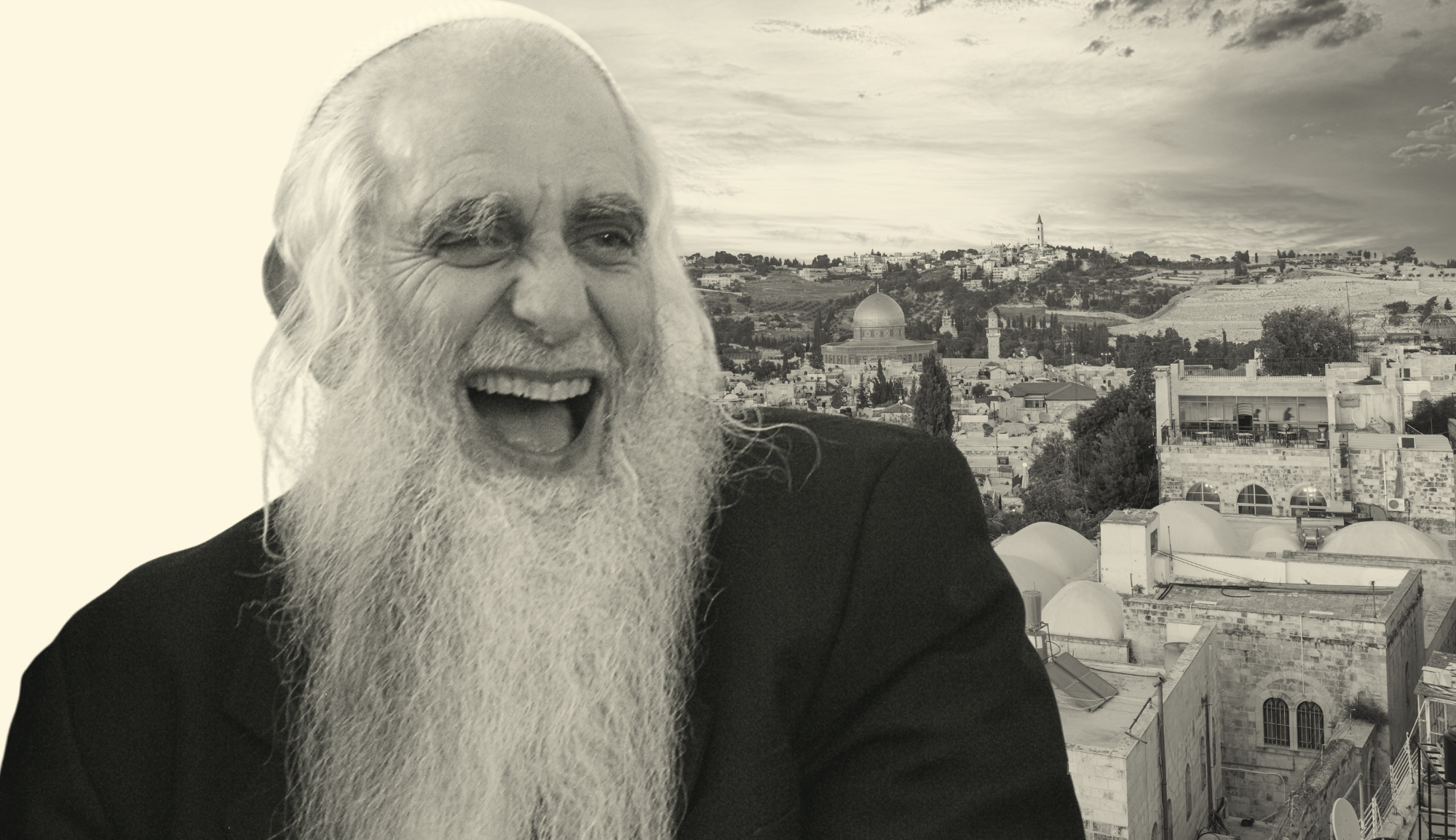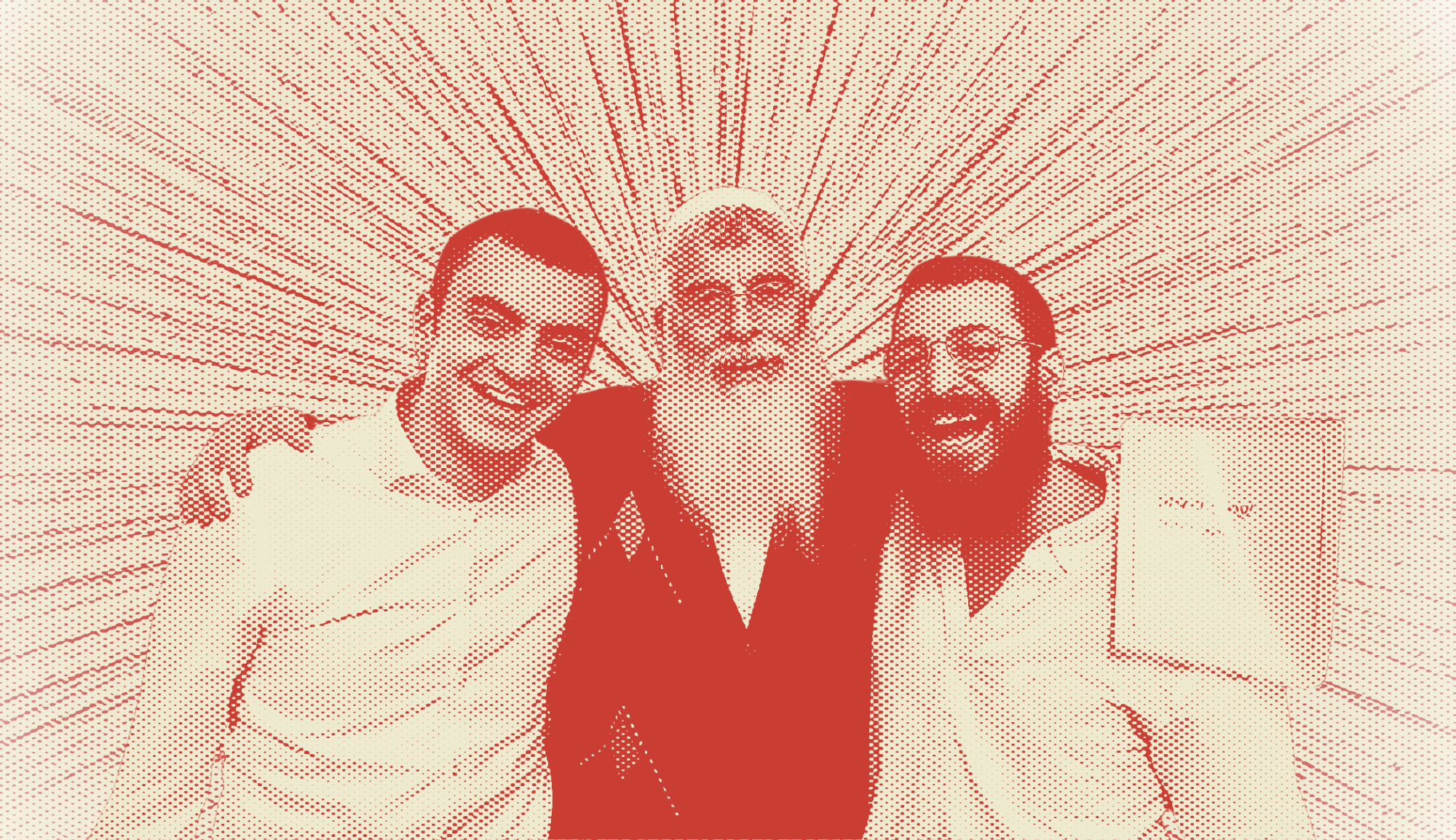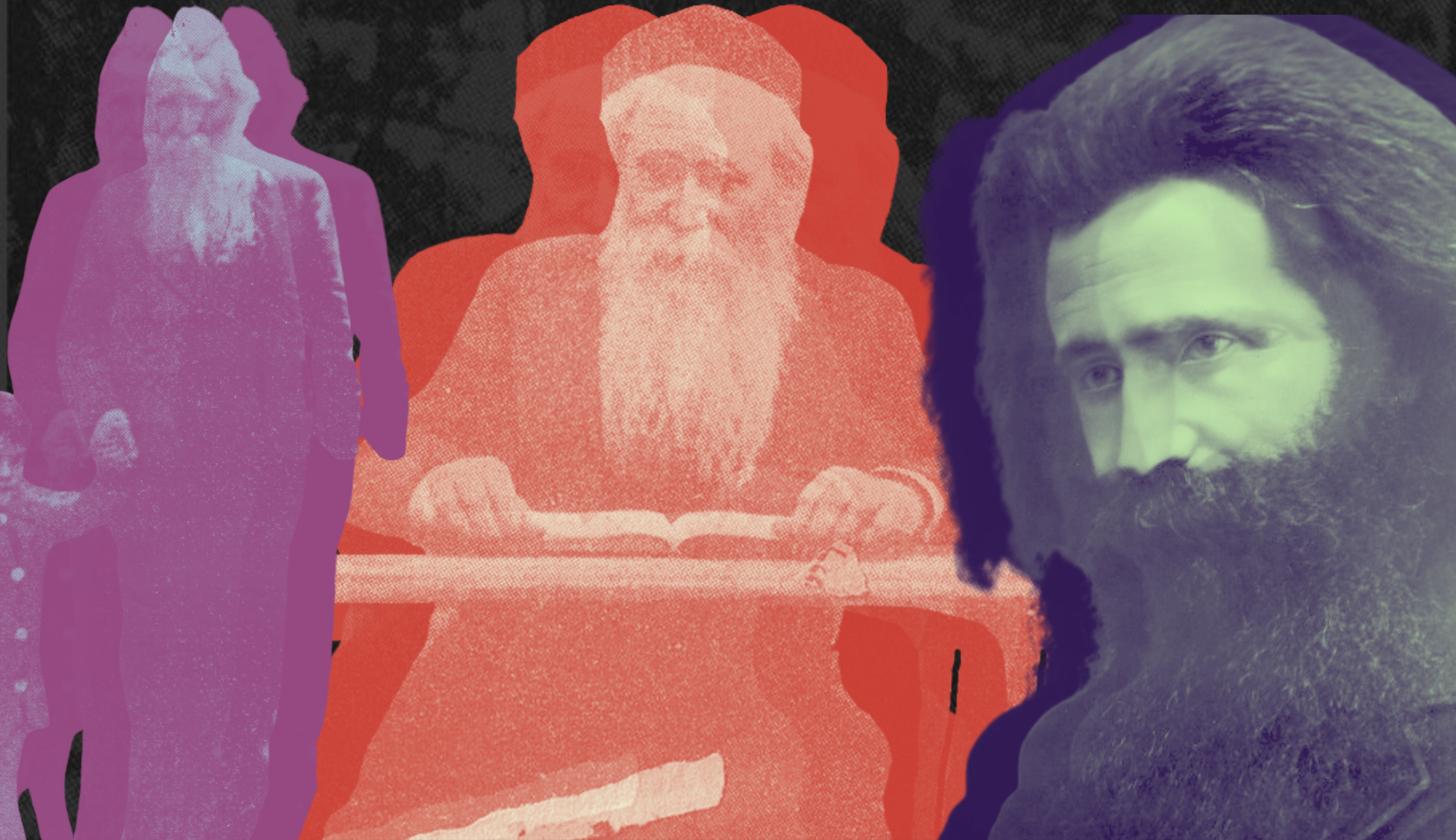Rabbi Eliezer Berkovits (1908 – 1992) was a traditional rabbi in an untraditional time, whose life encompassed the whole of the 20th century.
Born in Europe, he received his semicha from Rabbi Akiva Glasner, son of Rabbi Moshe Shmuel Glasner (known as the “Dor Revi’i” for his most famous work), whose thought on Zionism and the dynamic nature of the Oral Torah brought him controversy. He studied at the Hildesheimer Rabbinical Seminary in Berlin under Rabbit Yechiel Weinberg, known as the Seridei Eish, one of the great rabbinic minds of the 20th century. While in Berlin, Berkovits received a PhD in philosophy from the University of Berlin under Wolfgang Kohler, a founder of Gestalt psychology. After leaving Germany in 1939, he then worked as a rabbi in Berlin, England, Australia, and Boston before settling down in Chicago, where he was chairman of Jewish philosophy at the Hebrew Theological College in Skokie for decades. He moved and lived in Israel until he died in 1976.
Berkovits was highly prolific, writing 19 books over the course of his life on a wide array of issues. He’s most well-known for his writings on halacha and faith, both of which got him into trouble many times over his life. He courted controversy by writing creatively and courageously about the agunah issue, and was well ahead of his time in penning “A Jewish Sexual Ethics” in 1976, in a piece still discussed today.
His writings on the Holocaust are crucial reading; His Faith after the Holocaust deals with the presence (or absence) of God in the Shoah, and my personal favorite work of his is With God in Hell: Judaism in the Ghettos and Death Camps, an intensely moving read that focuses less on the actions of the divine and more on the actions of humans in the Holocaust, in a consideration of what he calls the “essence of faith within the system of Judaism.” In the preface to With God in Hell, he writes about the conversation that prompts the work:
This realization came to me as the result of a conversation with someone whom I met on the flight home to Chicago after a scholars’ conference in New York. I found myself sitting beside a gentleman who turned out to be the cultural director of a Jewish secular organization. He was familiar with my previous book on the Holocaust and in the course of our conversation he told me the following episode. On a Holocaust memorial day, his organization’s guest speaker, a rabbi, declared that in view of what happened in the concentration camps and the crematoria, he could no longer believe in God. His confession greatly upset the audience.
I told my neighbor that it was not clear to me why the members of his organization should have been so deeply perturbed by the rabbi’s statement. After all, theirs was a secular group. His answer was: “Many of them were concentration camp survivors,” and for him this was a sufficient explanation.
He meant to say that these survivors, who might well have lost their faith as a result of their experiences, were angered by this “successful” American rabbi’s facile dismissal of the possibility of faith in God. They must have thought, “This man, who grew up in the most prosperous country on earth, who never went hungry to bed, whose life was, most probably, never seriously threatened, who never spent a day in a ghetto or a concentration camp, who never watched the clouds of smoke over the crematoria, he is lecturing to us about loss of faith! What does he know of the anguish of the believing Jew who loses his faith because he is so overwhelmed by the inhumanity of man that he can no longer believe!”
I began then to understand that we have been talking and writing about faith lightly, without fully appreciating what we were about. Suddenly I saw before me tens of thousands of Jews for whom Judaism was the sustaining well of their entire existence — Jews for whom the loss of faith was, indeed, a greater disaster than the loss of all their wordly possessions.
I could not help thinking of the multitude of Jews who, having lost their faith as well as their lives in the gas chambers, pleaded before the heavenly court: “Almighty God! We can forgive You everything that was done to us on Your polluted earth. Only one thing we cannot forgive: that You did not look after our faith in You; that You allowed such trials to be heaped upon our heads to which our faith was unable to stand up!”
If only we might be as honest as to recognize what faiths we renounce in our privilege and comfort. His focus on the actions of man, and the ways faith can be found in the hands of humanity, takes on a human-centered view that tracks with some of the thinkers in his world and time, such as Rabbi Soleveitchik and Heschel, both of whom studied in Berlin as well. Incidentally, Berkovits’ relationship with the two theologians’ thought was by no means positive.
In a 1964 review of Heschel’s latest work, Berkovits wrote “there is little doubt that, in the context of Jewish thought and religious sensitivity, Dr. Heschel’s position is most original… it does not take much perspicuity to realize that one has encountered these contempts in one’s readings—in Christian theology.” With a formulation like this, its unsurprising that Berkovits was well-accustomed to controversy. (Read more about the Berkovits-Heschel rabbit hole here.) Berkovits and Soleveitchik shared deeply critical perspectives on dialogue within and between religious groups, Soleveitchik most famously in his “Confrontation,” and Berkovits in his 1966 “Judaism in the Post-Christian Era.” Berkovits argues against interfaith dialogue as such, but in favor of inter-human understanding. In his words:
It is not inter-religious understanding that mankind needs but inter-human understanding – an understanding based on our common humanity and wholly independent of any need for common religious beliefs and theological principles.”
Berkovits is hard to pin down at times. His writing is marked by a fierce sense of right and wrong, a refusal to keytow to dominant paradigms, and an interest in defending a Jewish life and faith that is moral, just, human, and deeply caring. But don’t take my word for it—read his many works for yourself, and draw your own conclusions. I chose three articles as a taste for who this thinker was. The first is Berkowits’ exploration of a Jewish sexual ethic, from 1976. It’s an important piece of history, and I’ll let the interested reader decide for themself how it aged. The second is his piece on the theology of Heschel, and the third is a pure gift—a warm reflection on his rebbi, R. Yechiel Yaakov Weinberg.
P.S. Many of his books are available on Sefaria. Happy hunting.
Essential Read: A Jewish Sexual Ethic. Read here.
Essential Read: Dr. A. J. Heschel’s Theology of Pathos. Read here.
Essential Read: Rabbi Yechiel Yakob Weinberg zt”l My Teacher and Master. Read here.





































